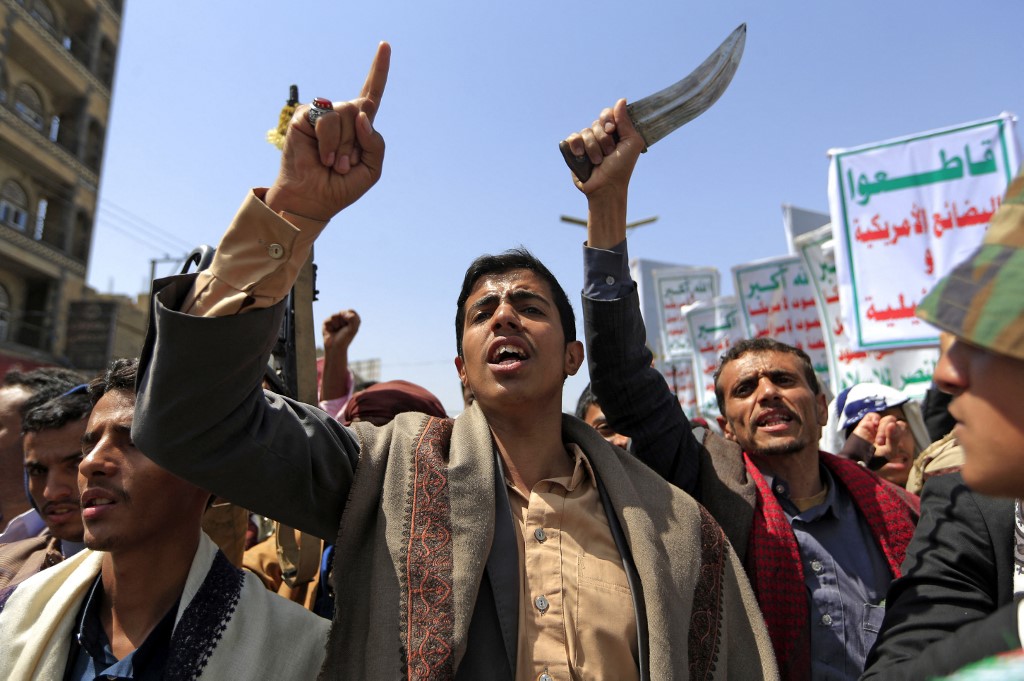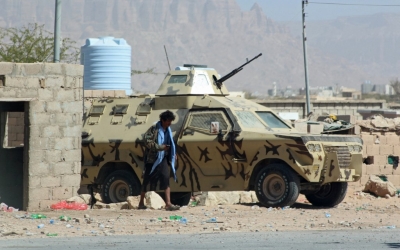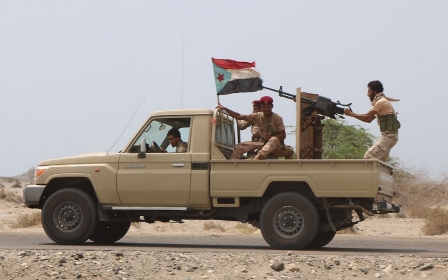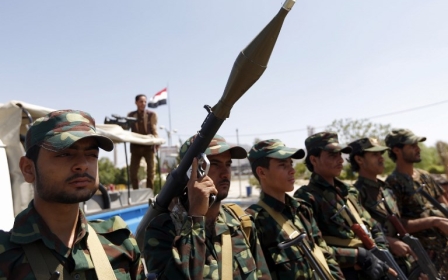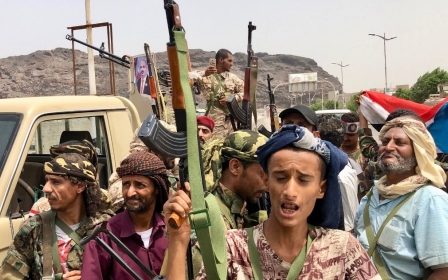Saudi Arabia-Yemen: The truce holds, but will it lead to a peace agreement?
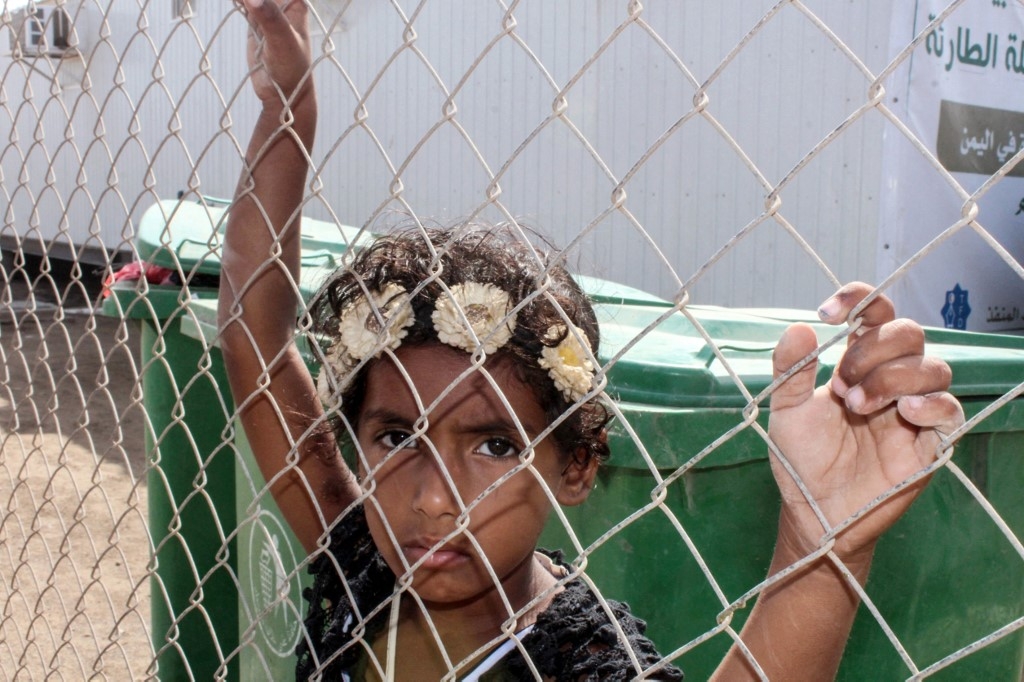
Last April, a UN-brokered truce took effect in war-torn Yemen between the Saudi-backed government and the Houthi rebels. In August, the truce was extended for a second time, marking the longest stable armistice since Saudi Arabia began its intervention in 2015. But with the truce set to expire again on 2 October, it is vital to capitalise on this window of opportunity to make substantive progress towards peace and stability in Yemen.
The truce has reportedly had major effects in reducing levels of violence, including a 60 percent decrease in civilian casualties, along with a resumption of flights from Sanaa to Amman and Cairo, and an easing of the country’s fuel shortage. The truce has had less of an impact on opening safe corridors for humanitarian assistance in places such as Taiz.
It is essential to emphasise the loss of popular legitimacy that would befall those responsible for squandering Yemen's best chance for peace in years
The UN is now hoping to secure an expanded truce agreement to “provide an opportunity to negotiate a nationwide ceasefire, humanitarian and economic issues, and to prepare for the resumption of the Yemeni-led political process under UN auspices to reach a sustainable and just peace”.
In August, members of the UN Security Council expressed their hope for “full implementation of the truce and an expanded truce agreement”, while a high-level virtual meeting in July between Saudi Arabia, the UAE, Oman, the US and the UK concluded with a joint communique noting “that a permanent ceasefire and a durable political settlement must be the ultimate objectives of the UN-led process”.
Support came also from the recent bilateral meeting between US President Joe Biden and Saudi Crown Prince Mohammed bin Salman, in which they agreed to do everything possible to strengthen the truce.
Volatile situation
On the ground, the truce has given the Yemeni people some relief after years of armed conflict. But the situation remains highly volatile, with ceasefire violations occurring among internal factions - although as of the end of July, none had been reported between the Houthis and the Saudi-led coalition. Since the truce took effect in April, more than 2,500 violations have been reported.
In the strategic, oil-rich province of Shabwah last month, clashes between Islah-aligned forces and UAE-backed fighters resulted in a victory for the latter. The head of the Emirati-backed Southern Transitional Council subsequently announced a military operation in Abyan to “cleanse” the region of “terrorists”.
Another major incident, an attack by the Houthis in Taiz late last month, was “strongly condemned” by the UN’s special envoy for Yemen, Hans Grundberg, who called on all parties to “seize the opportunity provided by the truce extension to demonstrate full commitment to ending the prolonged conflict”.
Whether the truce will hold and lead to a negotiated peace agreement remains an open question. But for Yemenis, the urgency is clear: the country’s humanitarian crisis is intensifying amid rising food and commodity prices, pushing millions more people towards extreme hunger. Poverty, child malnutrition and the beleaguered health system all require swift attention.
The current truce must be capitalised on to make progress in these areas. First and foremost, there must be concerted regional and international efforts to ensure the fragile truce holds. Some observers have warned the truce could ultimately break down and lead to a further period of open conflict, with the truce period allowing parties a chance to regroup.
In multilateral diplomatic efforts aimed at persuading all parties in Yemen to uphold and extend the truce, it is essential to emphasise the loss of popular legitimacy that would befall those responsible for squandering Yemen’s best chance for stability and peace in years.
Rethinking mediation
In addition, it is vital that negotiations swiftly move from short-term agreements to long-term peace talks. In the short term, there is a need for confidence-building measures, such as prisoner swaps; but more fundamentally, there is a need to rethink the mediation structure to reflect Yemen’s complex, multi-actor conflict. For years, international mediation has mistakenly framed the conflict as a civil war pitting the internationally recognised government against a single non-state armed group.
The value of inclusivity should extend beyond high-level talks to a multi-track peace process that involves meaningful participation from Yemenis of all walks of life. Marginalised social groups, such as women and youth, have a right to sit at the table.
The truce is also an opportunity for a deep rethink of international humanitarian and development responses in Yemen. A recent independent review found many shortcomings in this regard, including a lack of empowerment of local actors, high levels of waste, and excessive security measures for aid workers. While such criticisms have triggered calls for reform, there are fears among some Yemenis that the large-scale food crisis will be used by the aid orthodoxy to resist any major shift in humanitarian policy.
The period of relative calm in Yemen this year has renewed attention on long-term issues of reconstruction, recovery and development. This is a welcome development, as no short-term humanitarian response will ever be able to tackle the deep structural forces that, left unaddressed, will reproduce crises, vulnerability and the need for humanitarian appeals in perpetuity.
Donors must reject blanket characterisations of Yemen as a territory beset by conflict conditions that prevent development efforts, and instead take a risk on localised, potentially transformative investments that could help the country break out of its vicious cycle of conflict and fragility.
The views expressed in this article belong to the authors and do not necessarily reflect the editorial policy of Middle East Eye.
Middle East Eye propose une couverture et une analyse indépendantes et incomparables du Moyen-Orient, de l’Afrique du Nord et d’autres régions du monde. Pour en savoir plus sur la reprise de ce contenu et les frais qui s’appliquent, veuillez remplir ce formulaire [en anglais]. Pour en savoir plus sur MEE, cliquez ici [en anglais].


